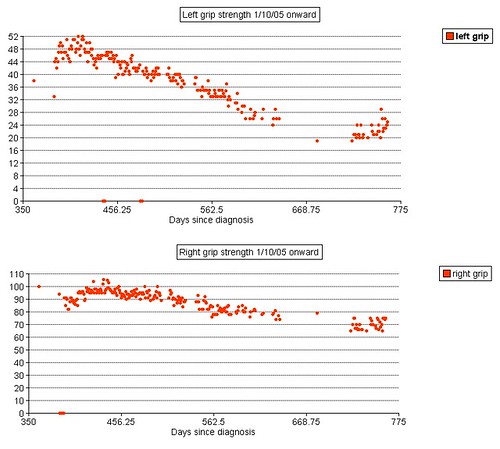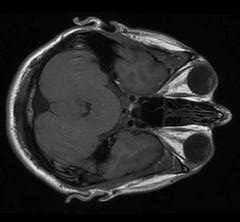98th percentile
Every mother loves her son, so I don't put much weight on the IQ test my mother gave me when I was in high school and she was in graduate school to get her master's degree in education. She was supposed to learn how to give the tests. The score was 150, the first time. I and my sister took so many of those tests as she learned them that she complained we had gotten 'test smart' -- grown accustomed to testing methodology and able to achieve artificially high scores.
I place more weight on the cheap, computer-based IQ test I took in the early '90s, which put me in the 140 range. Wildly grabbing some 'facts' from the web, I assert that only 5 percent of the US population has an IQ higher than 125, and only 1 percent has an IQ higher than 135.
I don't know what the definition of 'genius' is, in terms of IQ, but I ran across it once and it was absurdly low. I think it was about 130. This means that I am a genius, as is most everyone in my social group. What that means is that usually when we say 'genius,' we mean a super-genius, like Leonardo, Einstein, or Joni Mitchell. But apparently 'genius' is a rather ordinary term to describe ordinary, common people.
Yes, I am familiar with the critique of the IQ scale, and I accept much of it as valid. Yet, there is some association, however weak: Smart people tend to score higher on IQ tests.
While blogging, I corresponded with a woman whose IQ was 160+. That's what I consider a genius. No, she's not running a major corporation, or building a super-bomb. Many very bright people lead ordinary lives.
I've read the book 'The Bell Curve,' and while I think the attempt to tie IQ to what we call 'race' was ill-advised and insupportable, I did find much of the rest of what the book had to say about IQ to be interesting. Birds of a feather. My wife is brilliant, for example, and probably has a higher IQ than anyone reading this blog, or writing it.
My kids are brilliant too.
Intelligence is not the same as wisdom, however, a truth which I have painfully learned from watching myself commit obvious errors of judgment over and over.
I didn't get straight A's in school. My sisters did. I said then and maintain now that straight A's are a sign of conformity, a lack of creativity and imagination.
I had a perfect score on the 'verbal' section of the SAT. Another student was awed by that. "How'd you do that?" he said in wonder. I told him honestly that the whole section was easy. I may have gotten one question wrong, but that was because the test-makers made a mistake. It was one of those "A is to B as yacht is to regatta" questions. I saw the answer they expected you to give, but I chose the other answer, knowing that the first appeared correct but was mistaken. In the analytical and math sections my score was much more toward the average.
Despite my ability with words, I wanted to become a computer programmer, and use those average analytical and math skills. I worked with many highly-talented people who were much better than me at programming. I got in the habit of knowing that no matter how careful and correct I thought I had been in coding something, I most likely had made an embarrassing mistake. I made it part of my process to assume I'd been stupid and try to find out where.
Here's how I know I'm smart: When I took the GRE, the test you have to take to get into graduate school, I scored in the 98th percentile. That doesn't mean I got 98 percent of the questions right, it means that of all graduating college seniors and others attempting to enter graduate school in the US that year, only two percent scored higher than I did.
Left grip is 25 pounds (23, 21, 25), right grip is 75 pounds (75, 69, 65).



<< Home